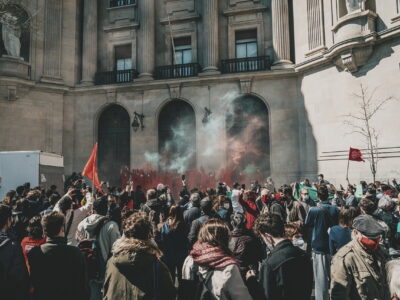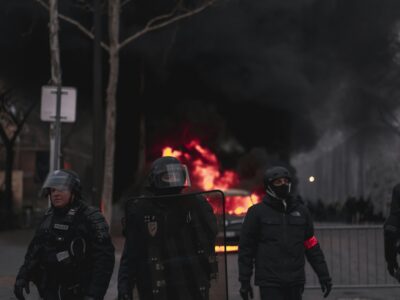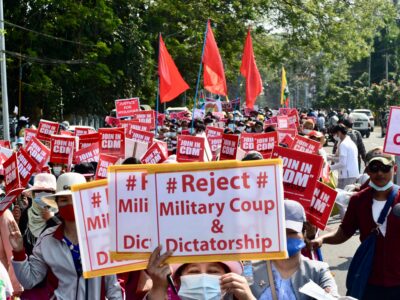Atit Chettri, a Nepali man, was recruited to the Russian army for the Russia-Ukraine war, but received little training. Nepal is negotiating with Russia for immediate return and compensation.
Nepal: Human traffickers take advantage of young Nepalese civilians to fight in the Russia-Ukraine war








Comments